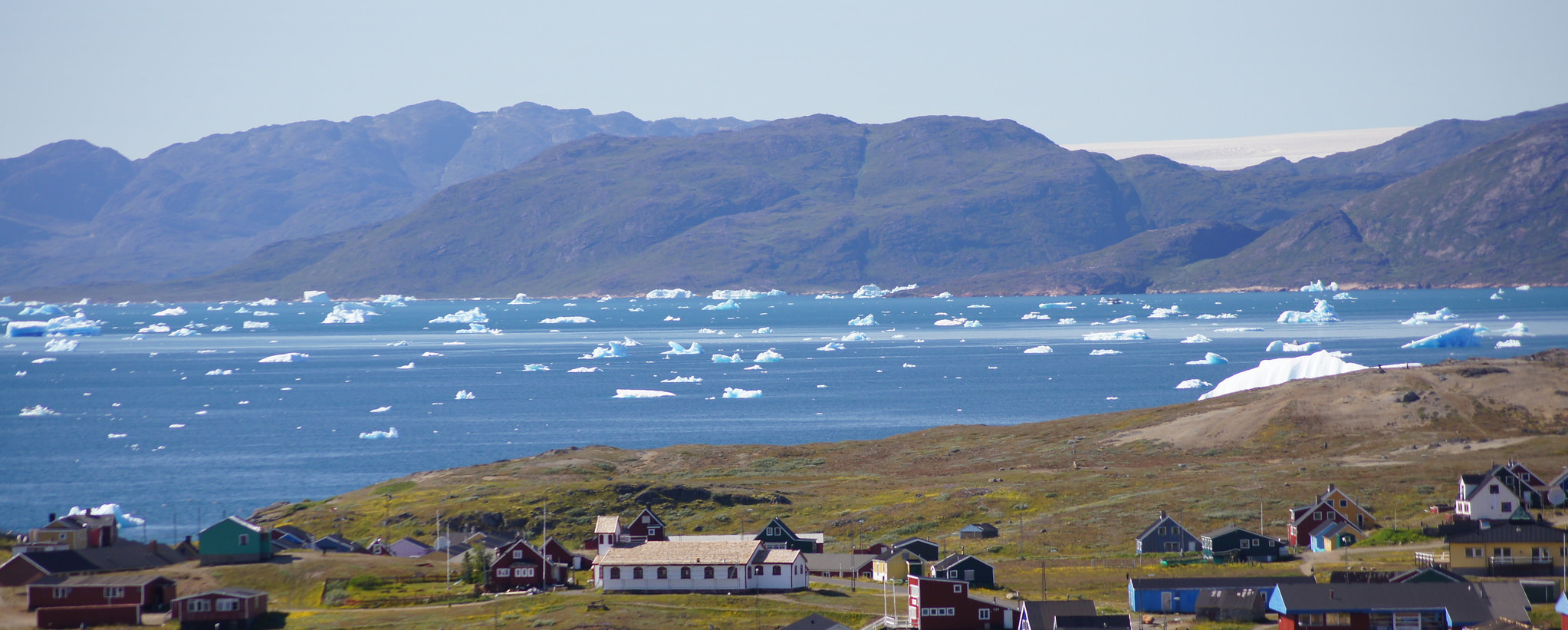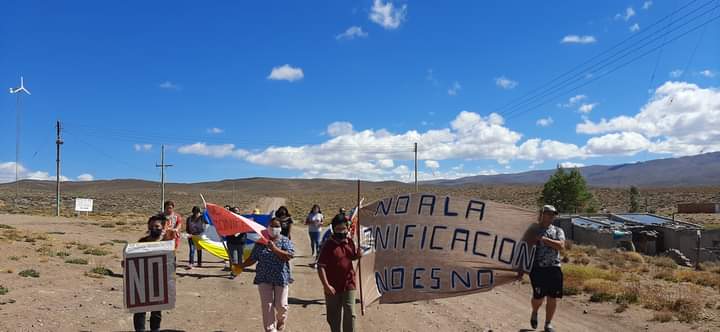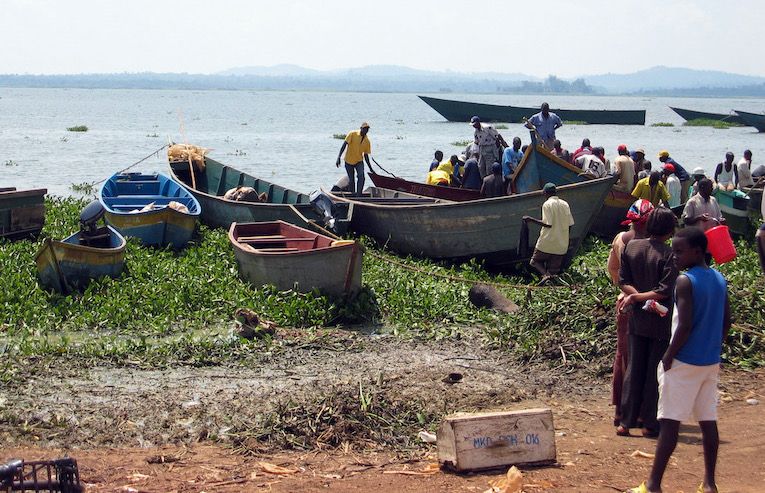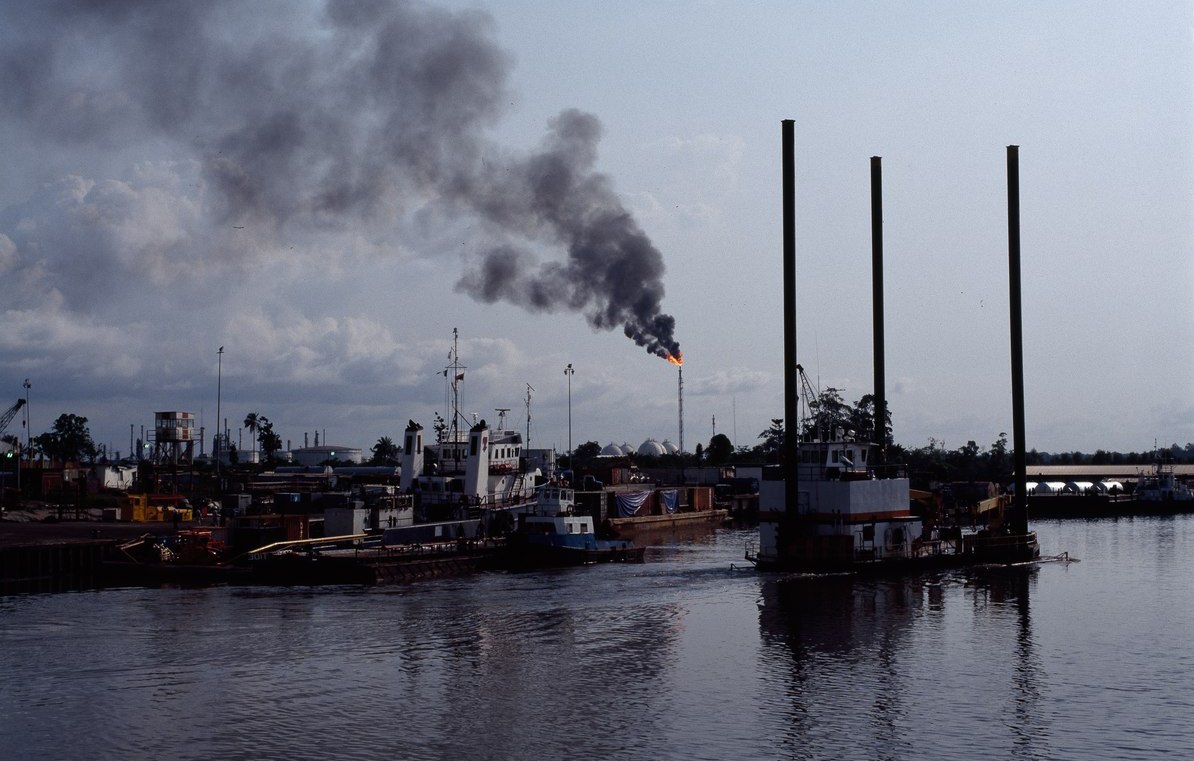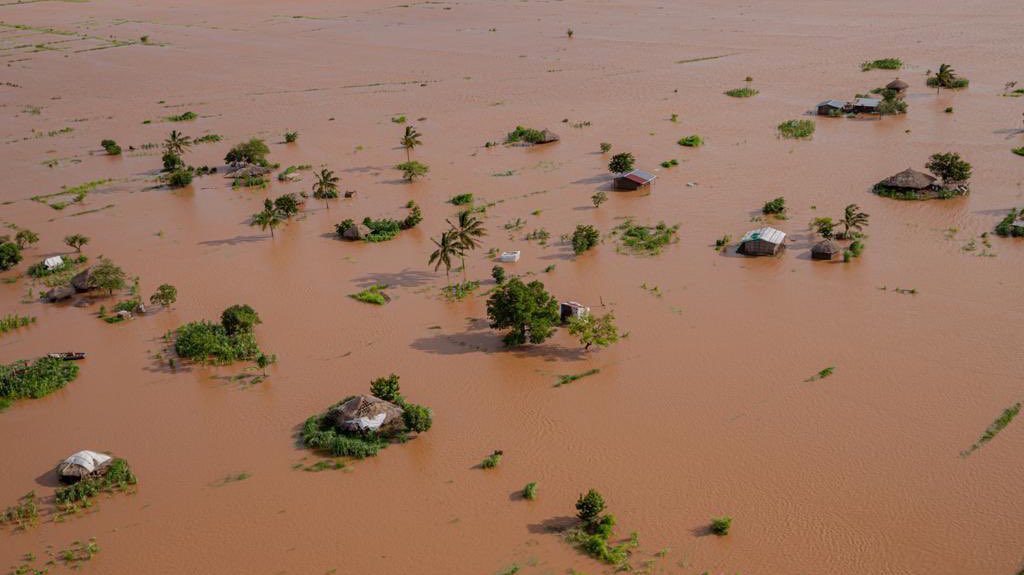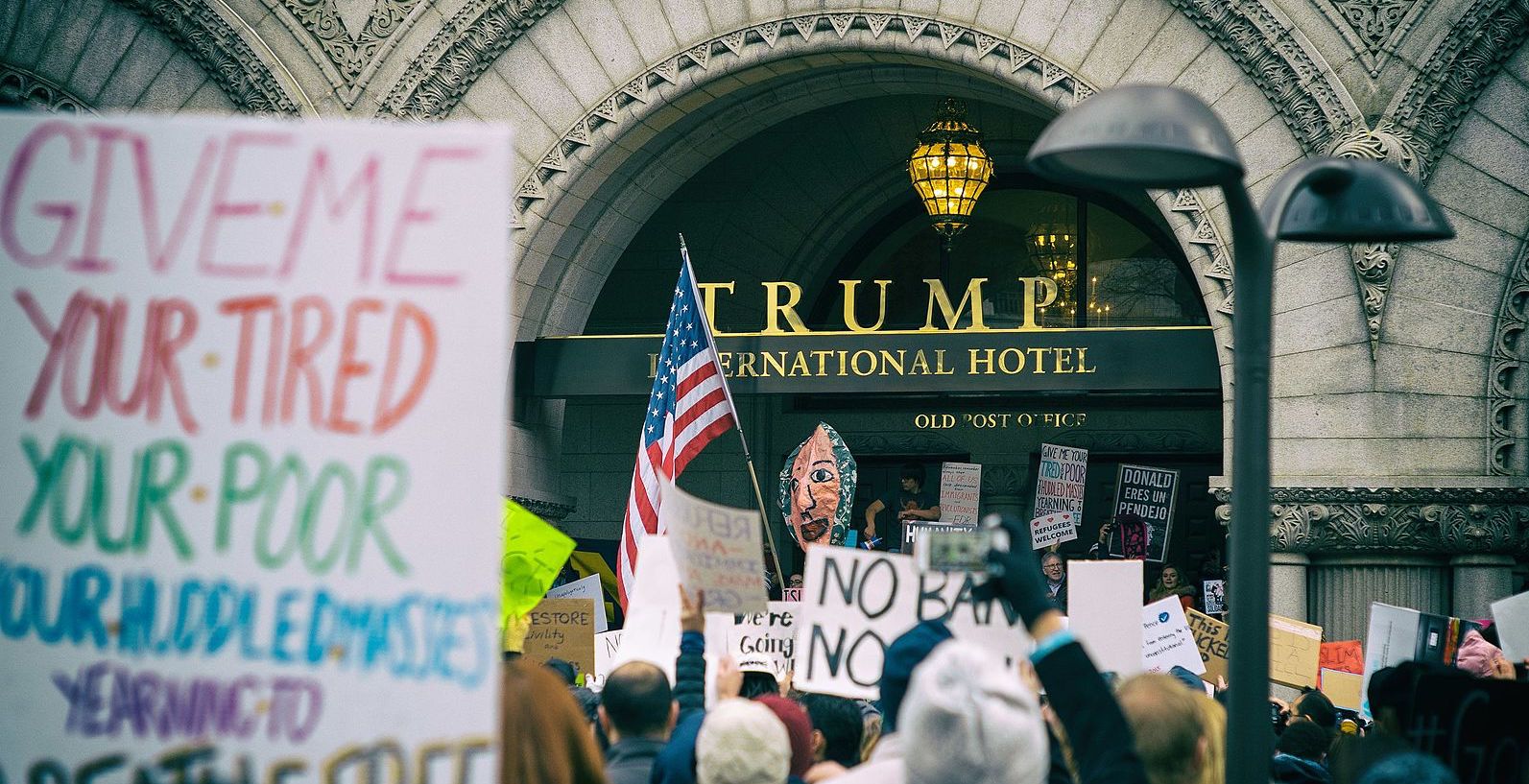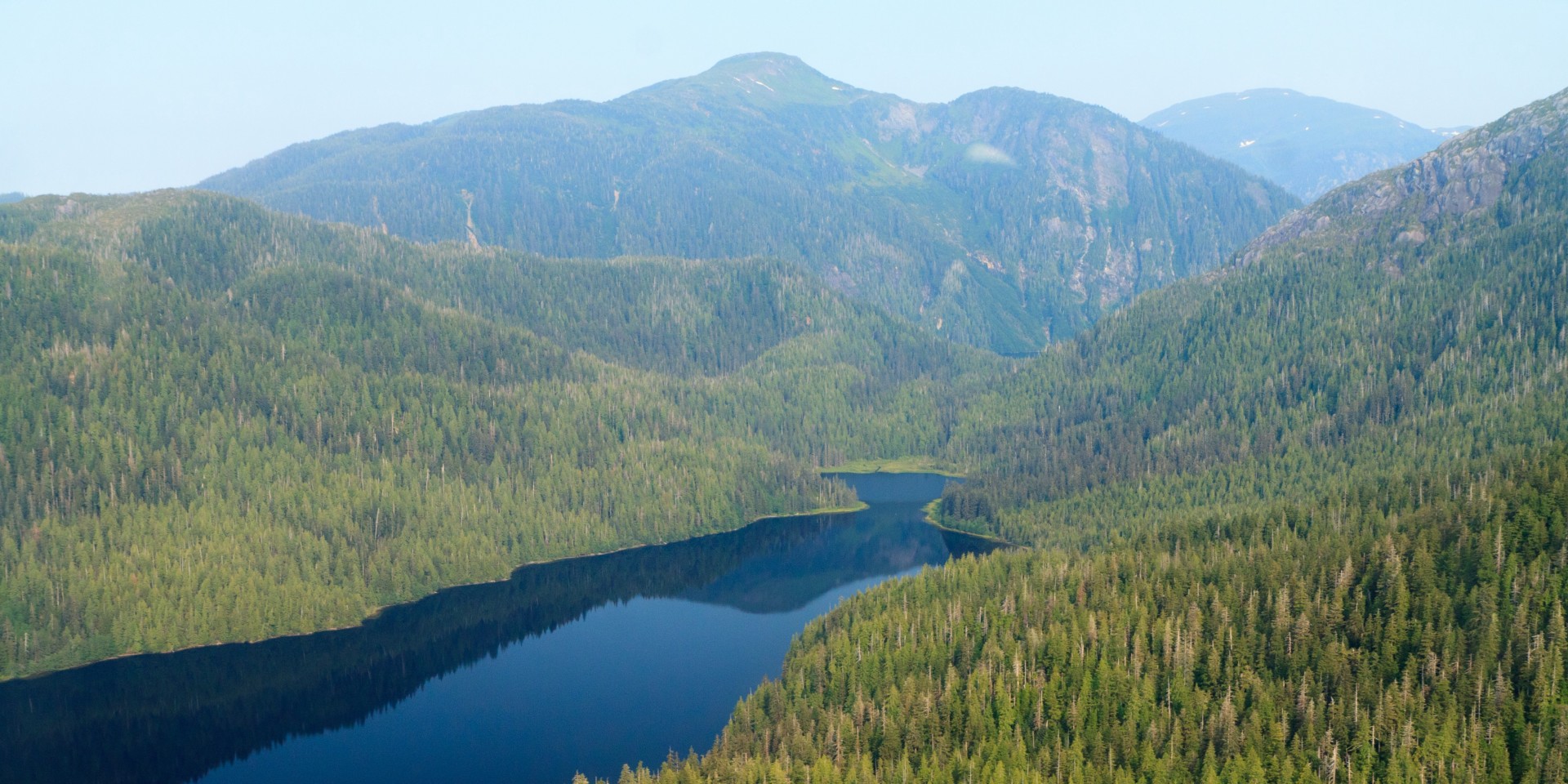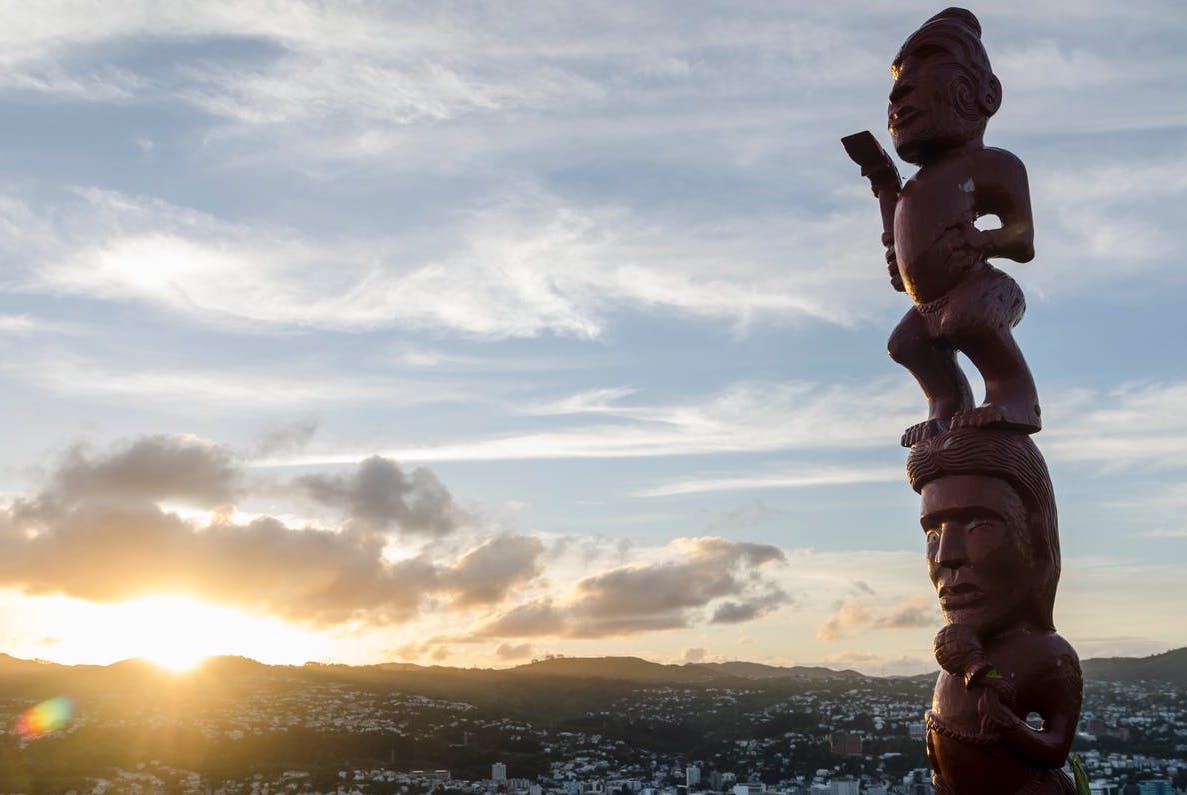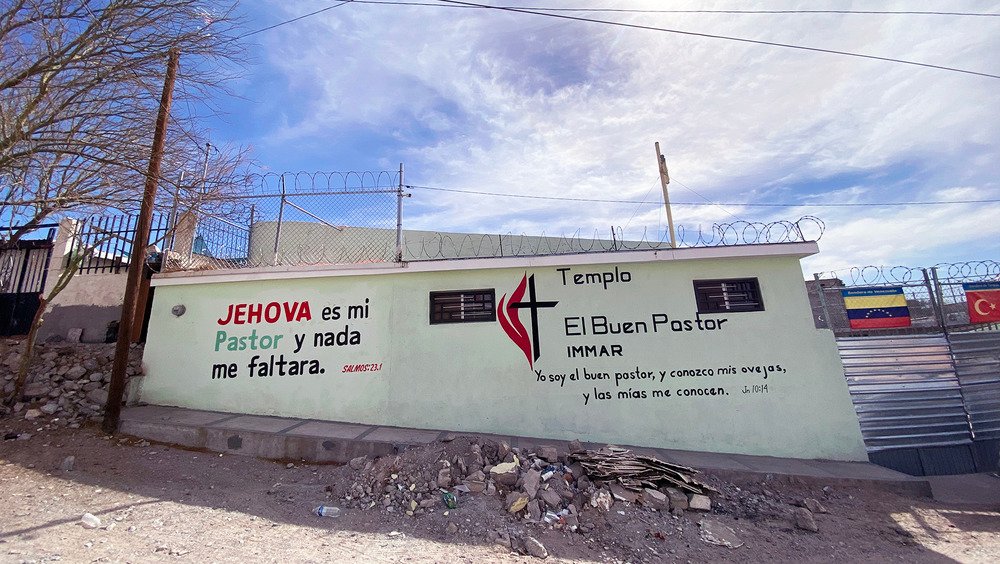
Northern Mexico: aid efforts struggle to keep pace
Humanitarian response networks in northern Mexico are stretched thin between the growing number of people fleeing violence, poverty, and climate disasters in Central America, the continued expulsion of asylum-seekers and migrants who enter the United States irregularly, and the lingering effects of Trump-era migration policies. Nowhere is this pressure being felt more acutely than in Ciudad Juárez, a Mexican city of around 1.5 million bordering El Paso, Texas. Shelters are overwhelmed and underfunded, and more arrive every day—from both the north and south. (Photo: Luís Chaparro/The New Humanitarian)



